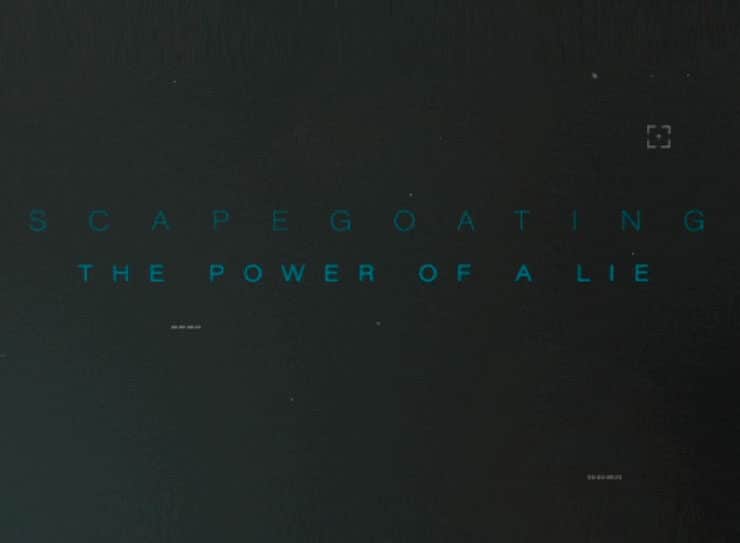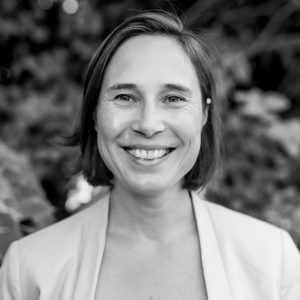15 December 2020
[How to Counter the Populist Narrative of Scapegoating?] Equality and Stability – We Can Have It All
Blog series “How to Counter the Populist Narrative of Scapegoating?” is part of the project “Improving Communication on Human Rights”, […]

